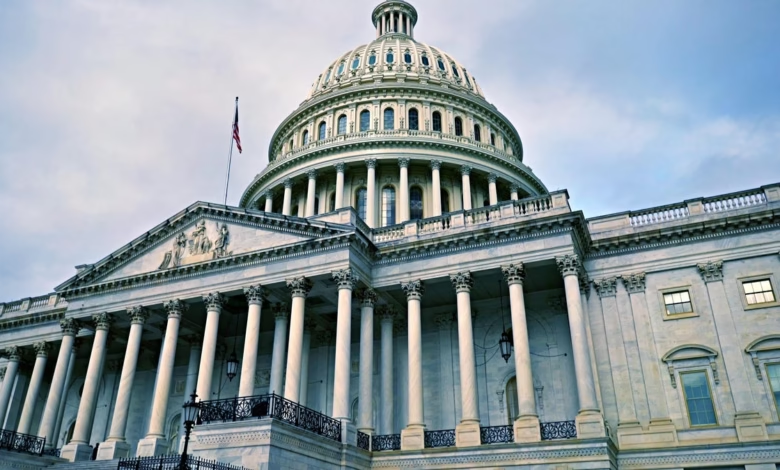Senate Lifts Ban on State AI Regulations in Tax Bill

▼ Summary
– The Trump administration’s tax bill initially proposed a 5-year moratorium on states enforcing their own AI laws, threatening $500 million in AI funding for non-compliance.
– The Senate voted 99-1 to remove this moratorium after amendments reduced the original 10-year ban and added exemptions for certain state laws.
– The rule would have created a regulatory imbalance, leaving some states with strong AI laws but no funding, while others had funding but no regulation.
– Advocates, including civil rights groups and AI organizations, celebrated the moratorium’s removal, citing the need for state-level protections against harmful AI.
– The lack of clear federal AI policy has led states to propose their own regulations, as AI systems have shown bias in areas like hiring and financial services.
The Senate has overturned a controversial provision in the tax bill that would have blocked states from implementing their own AI regulations, marking a significant shift in the ongoing debate over tech governance. This decision comes after intense lobbying from advocacy groups, policymakers, and concerned citizens who argued that local governments should retain the authority to address AI-related risks.
Earlier versions of the legislation included a five-year freeze on state-level AI laws, threatening to withhold $500 million in federal AI funding from noncompliant states. The original proposal was even stricter, a decade-long ban tied to $42 billion in broadband infrastructure grants, before being scaled back following widespread opposition. On Tuesday, senators overwhelmingly voted 99-1 to scrap the restriction entirely, allowing states to continue crafting their own safeguards.
Critics warned that the moratorium would have created a dangerous regulatory gap, leaving AI development unchecked while federal policy remains undefined. “State and local governments must have the power to shield their communities from harmful technology,” emphasized Jonathan Walter of The Leadership Conference’s Center for Civil Rights and Technology. Without this authority, he argued, flawed AI systems, like biased hiring algorithms or discriminatory financial tools, could operate without consequences.
The pushback against the ban was broad-based, uniting attorneys general, governors, and hundreds of state legislators. Adam Billen of Encode, a D.C.-based AI ethics group, celebrated the outcome, noting that relentless advocacy ultimately persuaded even the provision’s sponsors to abandon it. “This victory proves grassroots efforts can reshape policy,” he stated.
Despite the Senate’s move, uncertainty lingers over federal AI oversight. The Trump administration has yet to finalize its policy framework, expected by late July, but early actions, such as dismantling Biden-era safety initiatives and rebranding the U.S. AI Safety Institute, suggest a hands-off approach. Experts like Chas Ballew, a former Pentagon regulatory attorney, caution that without clear federal guidelines, companies could exploit this vacuum to deploy high-risk AI systems unchecked.
States aren’t waiting for Washington to act. Many have already introduced bills targeting AI’s societal impacts, from employment discrimination to privacy violations. Ballew points out that local regulations often reflect regional priorities, such as stronger consumer protections or civil rights enforcement. “AI doesn’t exist in a vacuum, it intersects with housing, healthcare, and hiring,” he said. “States need tailored rules to address these realities.”
The debate highlights a tension between industry preferences for uniform federal standards and the need for localized solutions. While tech firms argue that navigating 50 different laws is burdensome, advocates counter that diverse regulatory approaches foster accountability. “State officials understand their constituents’ needs best,” Ballew added. “Centralizing all power in D.C. would leave gaps.”
Originally, the tax bill’s AI clause also jeopardized funding for broadband expansion, linking $42 billion in NTIA grants to compliance with the ban. Though revised to a smaller penalty, the threat underscored how deeply policymakers tied tech infrastructure to regulatory concessions. With the provision now dead, states can pursue both connectivity and responsible AI governance, a balance advocates say is critical for equitable progress.
As the administration prepares its AI policy, the Senate’s reversal signals growing resistance to top-down restrictions. For now, states retain their autonomy to innovate, or intervene, as they see fit.
(Source: zdnet)




